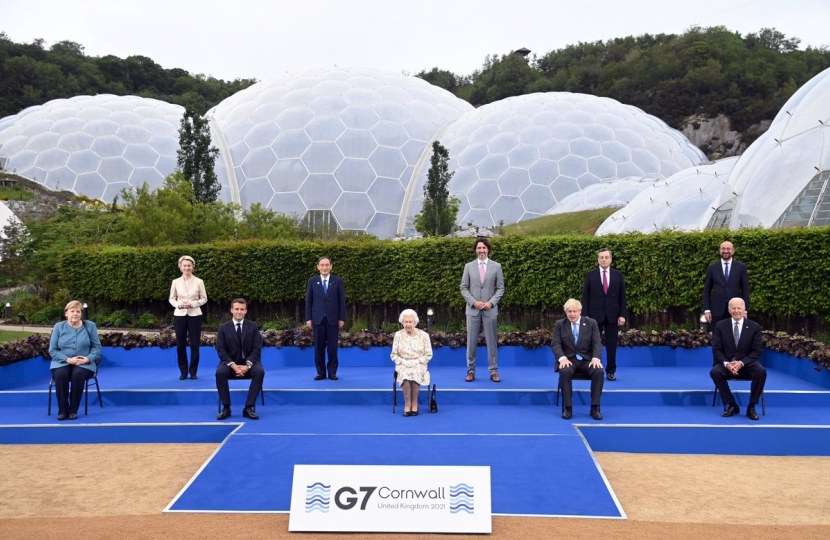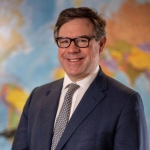
Last week the UK welcomed the G7 to Cornwall. With the UK holding the Presidency, this gave us an excellent opportunity to set the agenda of this vital summit and work with our international partners to help drive through a global vaccination programme and start the global attempts to minimise the future risks of similar pandemics.
The Cabris Bay Declaration sets out a series of concrete commitments to reduce the risk of the human and economic devastation wreaked by coronavirus. The Declaration incorporates recommendations by the Pandemic Preparedness Partnership and also outlines steps Governments will take to prevent a future pandemic, including: slashing the time taken to develop vaccines, treatments and diagnostics for any future disease to under 100 days; a commitment to reinforce global surveillance and sequencing capacity and support for strengthening the World Health Organisation. I am also glad the G7 committed to getting the World vaccinated and is joining Britain in donating surplus vaccine supply to those countries most in need.
Whilst the pandemic is the most pressing immediate issue the World is facing, I am glad the G7 had the opportunity to discuss and work together on other vital issues. In the week before the Leader’s summit, the UK hosted G7 Finance Ministers and took multinational action to ensure that the World’s biggest companies pay their fair share of tax. This is an issue I have been contacted about regularly by constituents and I am glad the UK has played a leading role in developing this important agreement – its success (which was predicated on the US being prepared to see their tech giants taxed elsewhere around the world) also showed the international community at its best, developing effective global solutions.
Not only does the agreement set out a global minimum rate of tax, other G7 nations followed the UKs lead in making it mandatory for firms to report the climate impact of their investment decisions – a critical step in forcing the pace on this vital issue. The G7 also committed to ending the funding of new coal generation in developing countries and have set out how their own countries will reduce emissions including from transport and steel. This is alongside commitments to protect 30% of global land and marine areas for nature and join the UK in halving their emissions relative to 2010 levels by 2030.
The past year has resulted in great uncertainty and I am glad the UK was able to host our international partners last week to help tackle these great global challenges. It was a truly positive moment.
Jeremy Quin MP


